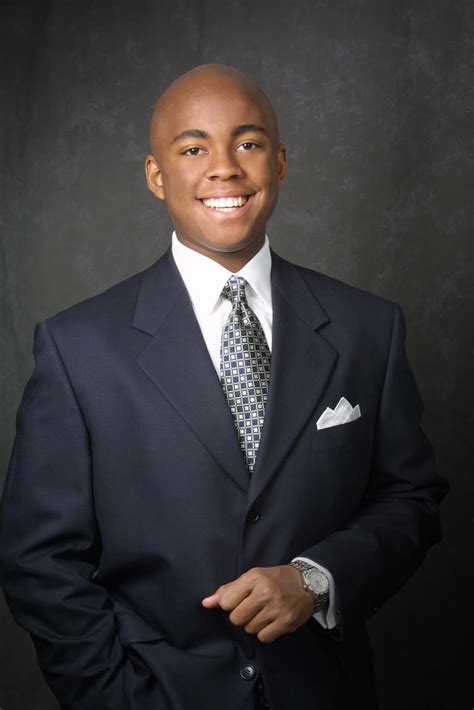A Quote by Martin Luther King, Jr.
You see, my friends...you begin to ask the questions, 'Who owns the oil?' You begin to ask the question, 'Who owns the iron ore?' You begin to ask the question, 'Why is it that people have to pay water bills in a world that is two-thirds water?'
Related Quotes
And one day we must ask the question, "Why are there forty million poor people in America?" And when you begin to ask that question, you are raising questions about the economic system, about a broader distribution of wealth. When you ask that question, you begin to question the capitalistic economy.
Every once in awhile, find a spot of shade, sit down on the grass or dirt, and ask yourself this question: “Do I respect myself?” A corollary to this question: “Do I respect the work I’m doing?” If the answer to the latter question is NO, then the answer to the former question will probably be NO too. If this is the case, wait a few weeks, then ask yourself the same two questions. If the answers are still NO, quit.
My advice to you is not to undertake the spiritual path. It is too difficult, too long, and is too demanding. I suggest you ask for your money back, and go home. This is not a picnic. It is really going to ask everything of you. So, it is best not to begin. However, if you do begin, it is best to finish.
It's important to be able to simply ask the questions. Every single advance in science comes about because of courage to ask a question, an outrageous question. Like "Can a large heavy metal object fly if it goes fast enough with the right design?" People's worldviews are changed when they see that something unbelievable is possible. Airplane flight is now taken for granted. And so all wonderful advances start with an outrageous question.









































